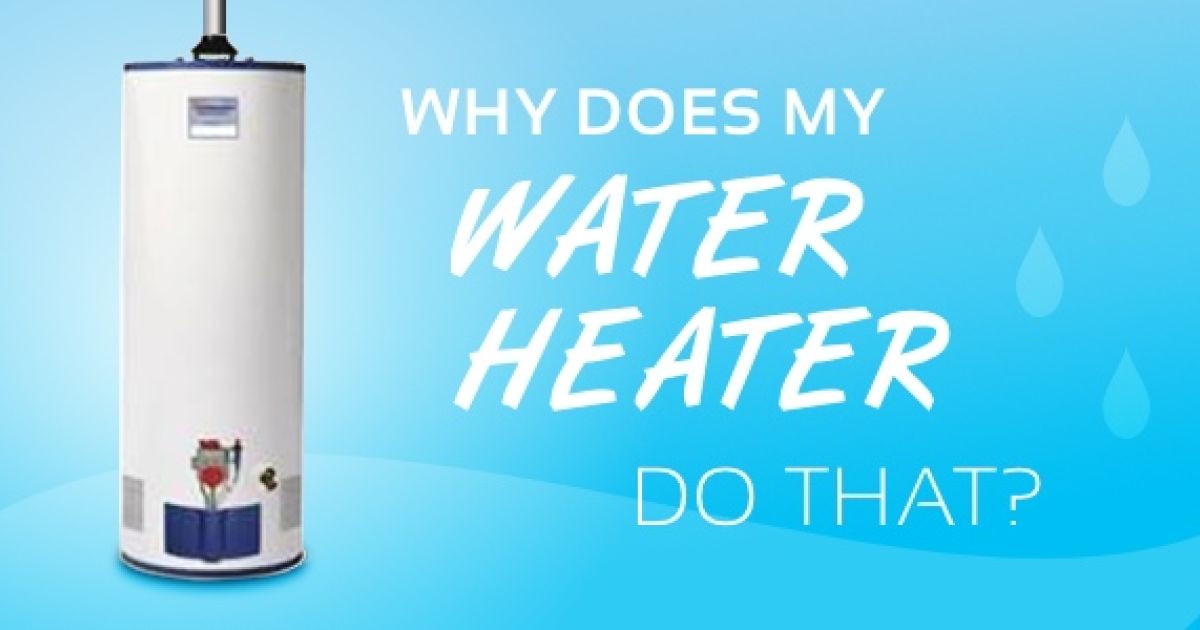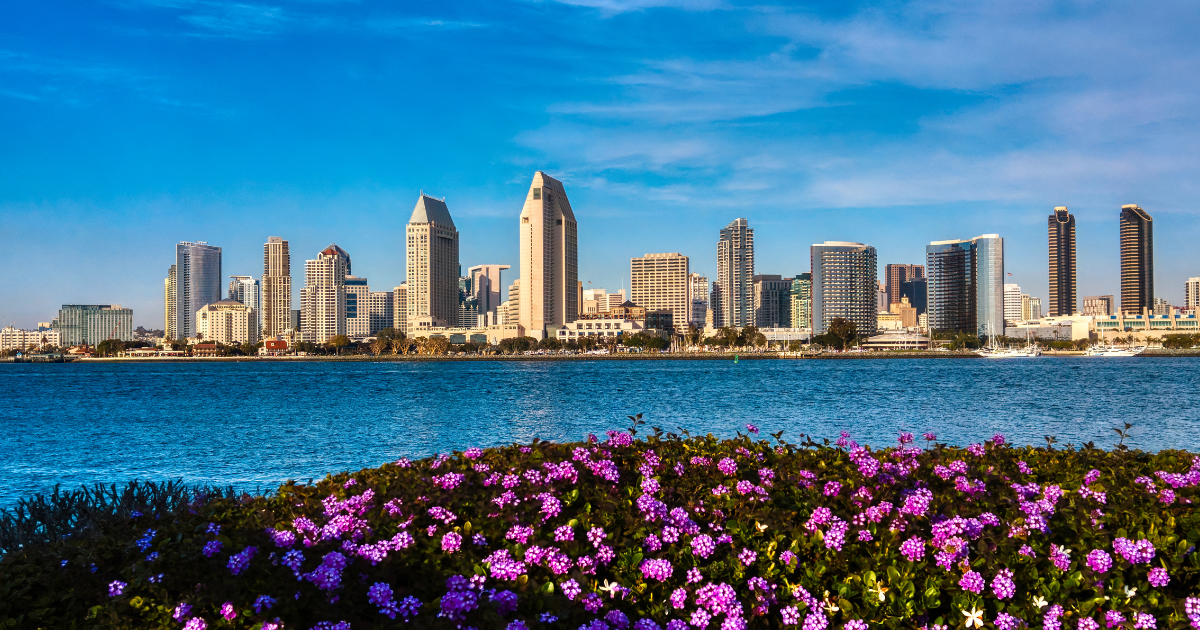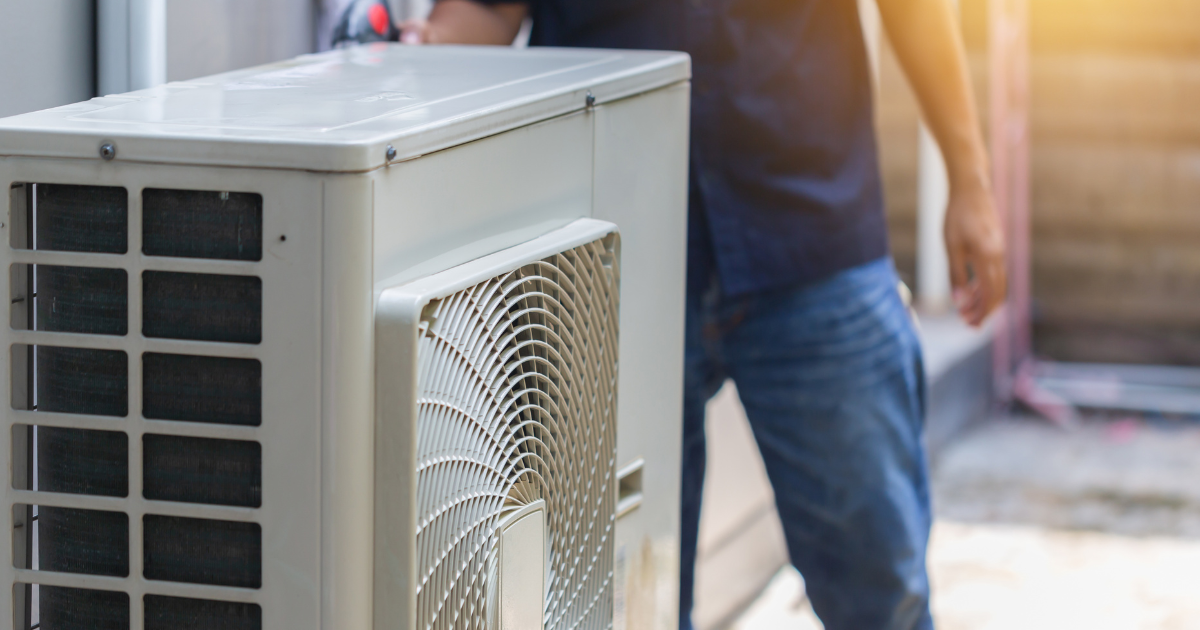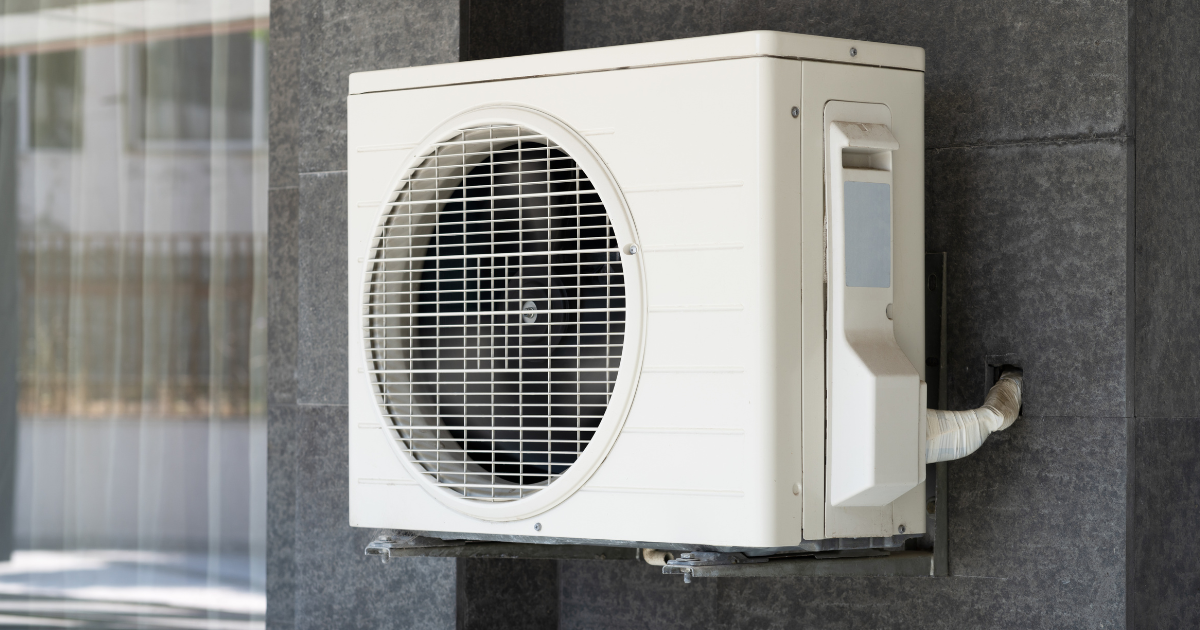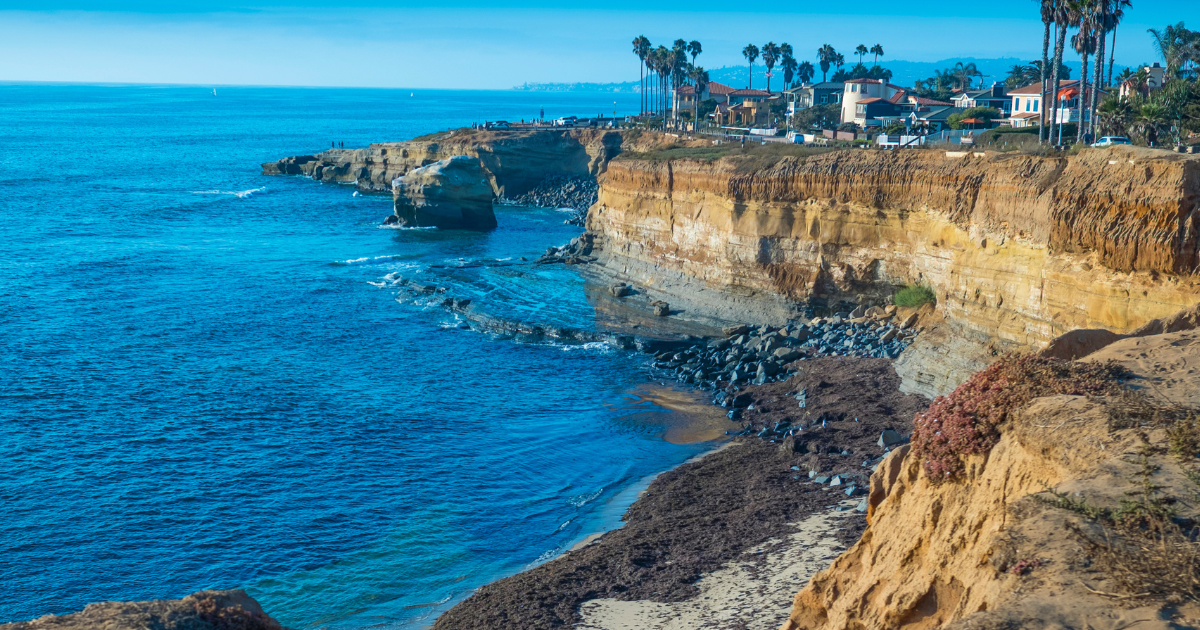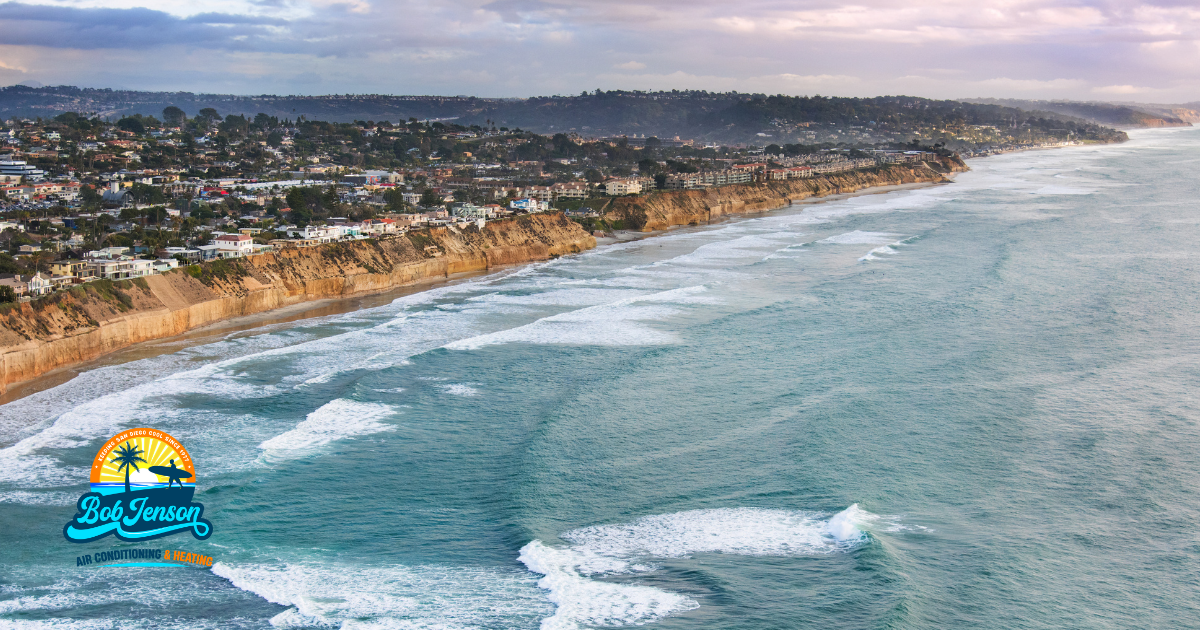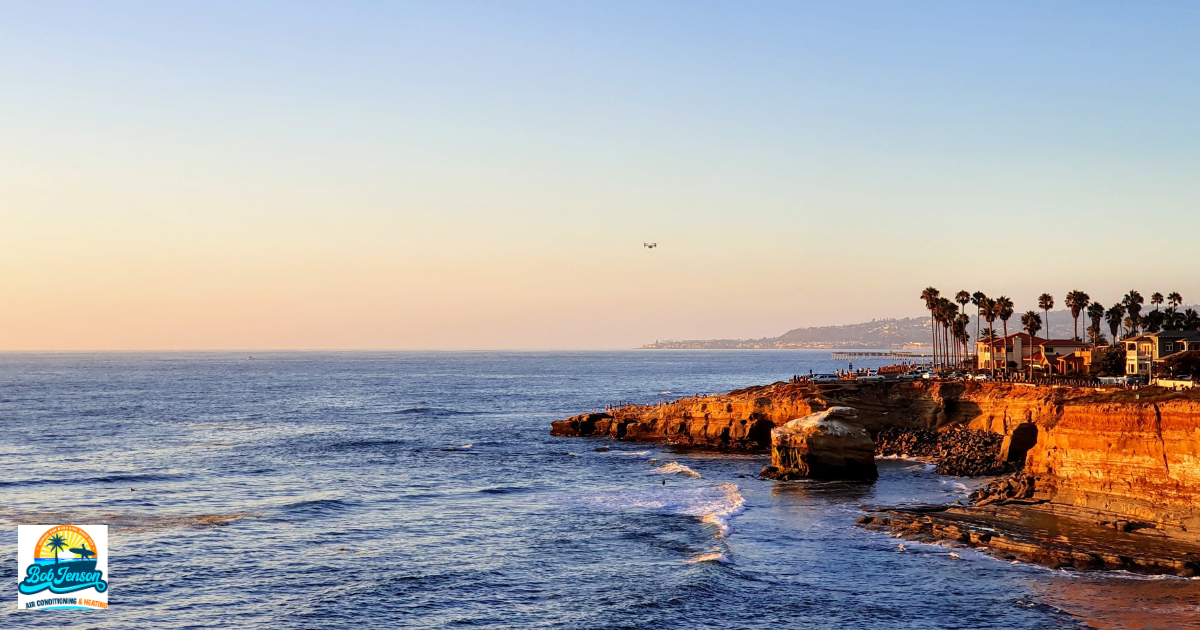Breaking Down Water Heater Issues
To most of us, the internal mechanics of our water heaters are a bit of a mystery. Thus when they stop functioning correctly, we are at a loss as to why. Here we’ll explore some of the most common issues with water heaters and learn why your water heater may be exhibiting a certain symptom.
I don’t have enough hot water.
One of the most common and frustrating issues with hot water heaters is running out of hot water just when you need it—like in the middle of your shower.
If your hot water is routinely running out, it may be the size of your tank that is to blame. Consider upgrading to a larger hot water tank. If your tank is of a sufficient size, there could be leaks in the hot water line or an excess of sediment in the tank. Other causes might be defective heating elements or faulty thermostats.
I don’t get any hot water.
The cause of cold water in gas water heaters is often the pilot light. Check the pilot light to make sure it is lit. If it is not, the cure could be as simple as relighting it. If the pilot light won’t re-light, you may have an issue with your gas supply and you may need to contact your utility company directly. If the pilot light can be lit but goes out shortly after lighting, you may be looking at an issue with your gas or thermocouple control valve.
The cause of cold water in electric water heaters may be the circuit breaker. Check to make sure it has not been tripped. If it has, it may not be set to the full “on” position. Flip it off and then back on again. If this does not solve the problem, check that your high temperature cutoff is set appropriately. If neither the circuit breaker nor the high temperature cutoff is the culprit, you may need to replace the heater’s heating element or thermostat.
My water heater is leaking.
If your water heater is leaking, you may have a temperature-pressure relief (TPR) valve that is stuck open. It may also be releasing water due to debris. Check the tank itself for corrosion and look for leaks in gaskets and pipe fittings. If you believe the TPR valve is the culprit, clear it of debris and check again to make sure it is in working order. If it is not or there are other leaks, it is time to call a plumber.
My water heater makes strange noises.
Hot water heaters may make rumbling or popping noises during operation. These noises can be due to low water pressure or sediment buildup. Low water pressure at or below 50 PSI may cause your tank to rumble. Check with your local water department to explore the expected water pressure and compare it with your own.
If sedimentation is to blame, it is likely calcium carbonate that deposits on the bottom of the tank and can cause a rumbling noise or a high-pitched whine. It can also use more energy and overheat the tank, potentially causing damage over time. You can help remove and prevent this buildup by soaking them in vinegar or a de-liming solution.
My hot water is a strange color or smells bad.
Water heaters have a lifetime, and if your hot water is beginning to turn color, it may indicate that your particular heater has met the end of its life. Rust-colored water is an indication that the water tank has begun to corrode. A decaying anode may also be to blame, feeding the bacteria in your tank’s sediment and causing your water to begin to smell like sulfur. The solution to these issues is to either replace the corroded tank or the anode.
If you cannot readily determine the cause of your hot water heater’s issue, a call to a local plumber may be in order. Plumbers can save time and money with a quick diagnosis and a swift and accurate replacement of faulty parts.

Bob Jenson
For over 45 years, Bob Jenson has been providing quality heating and air services to the San Diego community.
Request Service
Please fill out the form below to request an estimate or schedule service.
"*" indicates required fields
